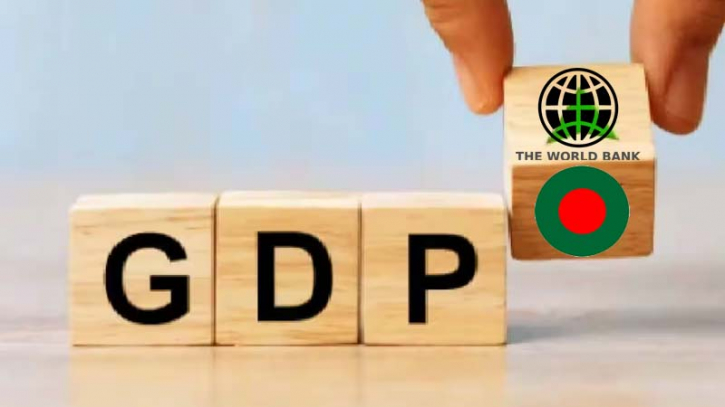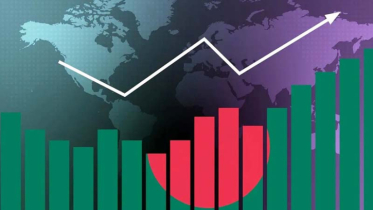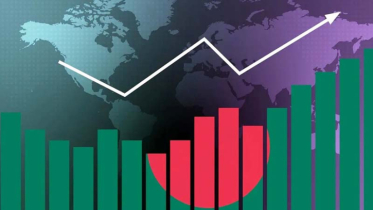World Bank lowers Bangladesh's GDP growth forecast for FY25

The World Bank has revised down Bangladesh's GDP growth forecast for the fiscal year 2024-25, indicating a continuation of subdued economic growth.
According to the latest report released by the World Bank today, Bangladesh's real GDP growth is expected to reach 5.6 percent in the current fiscal year. This figure is notably lower than the average annual growth rate of 6.6 percent observed in the decade prior to the Covid-19 pandemic.
The World Bank's Bangladesh Development Update predicts that the relatively slow growth trend will persist into the next fiscal year, with GDP growth projected at 5.7 percent. This modest growth is anticipated to be driven primarily by a moderate recovery in private consumption, supported by a decrease in inflation rates.
The report highlights the importance of improving the implementation of large public investment projects to facilitate investment recovery. However, it also warns that persistent inflation may dampen private consumption growth. Additionally, challenges such as energy shortages, difficulties in obtaining imported inputs, and rising interest rates are expected to affect investor confidence negatively.
From a supply-side perspective, the report suggests that while industrial growth may increase, services growth is likely to remain subdued. The World Bank emphasizes the necessity of implementing monetary, exchange rate, financial, and structural reforms to gradually boost growth over the medium term.
Despite the recent formation of a new cabinet following the national elections in January 2024, the report identifies significant downside risks to the economic outlook. It warns that insufficient progress in monetary and exchange rate reforms could lead to further declines in foreign exchange reserves and persistent inflationary pressures.
Furthermore, the report cautions that tighter liquidity conditions may exacerbate vulnerabilities in the banking sector. Fiscal risks, including revenue shortfalls and potential fiscal liabilities in the financial sector, are also highlighted by the World Bank.
.png)









